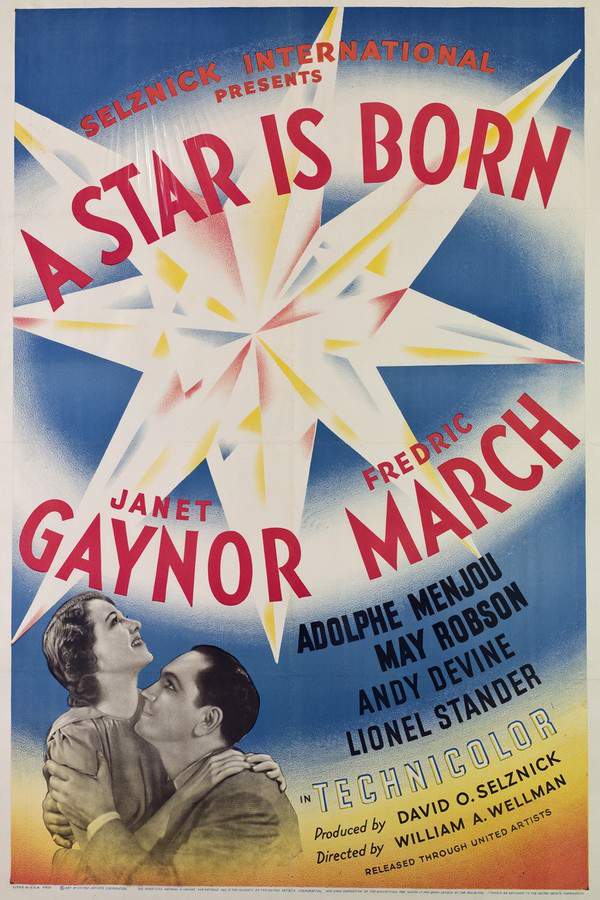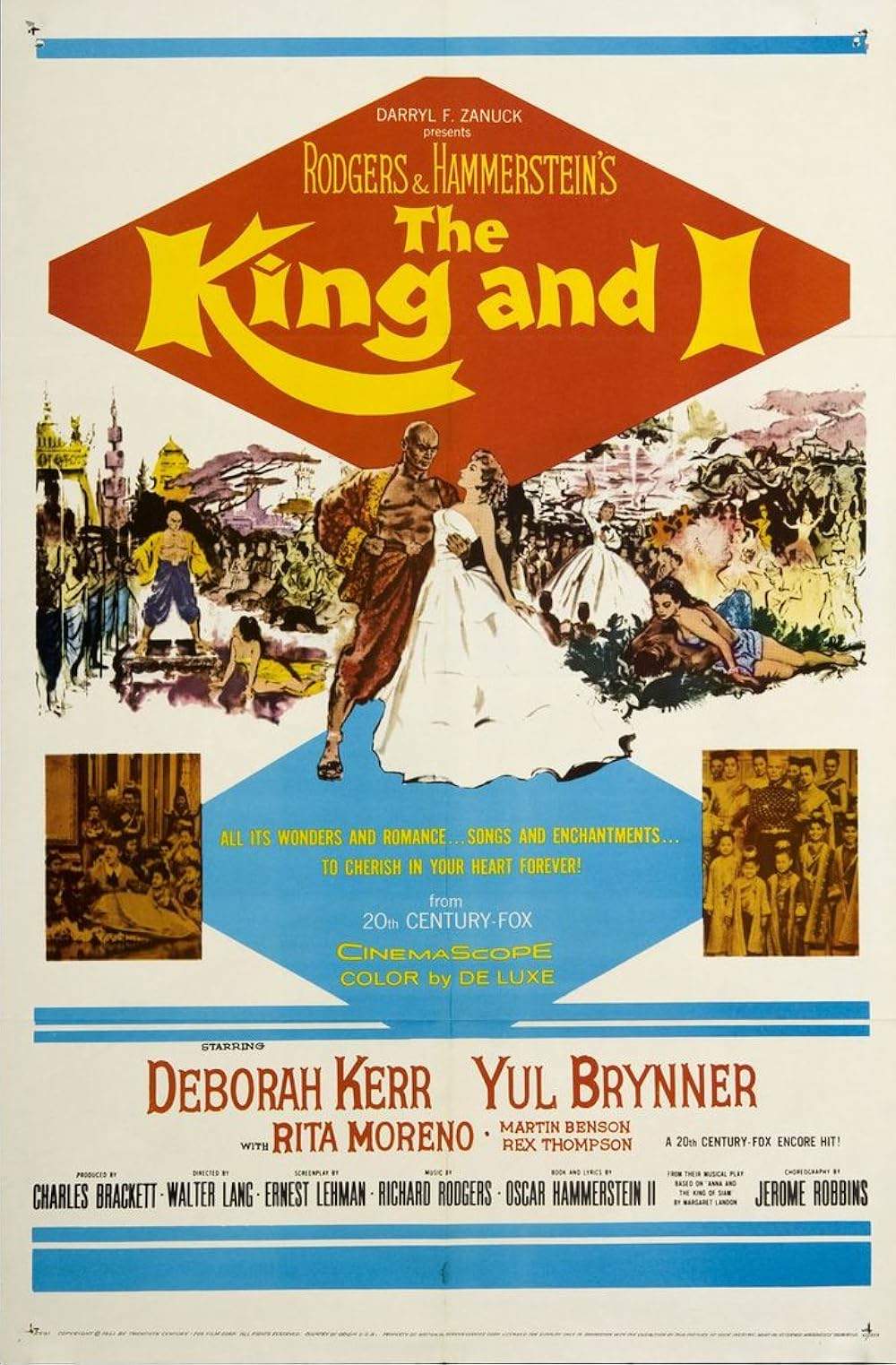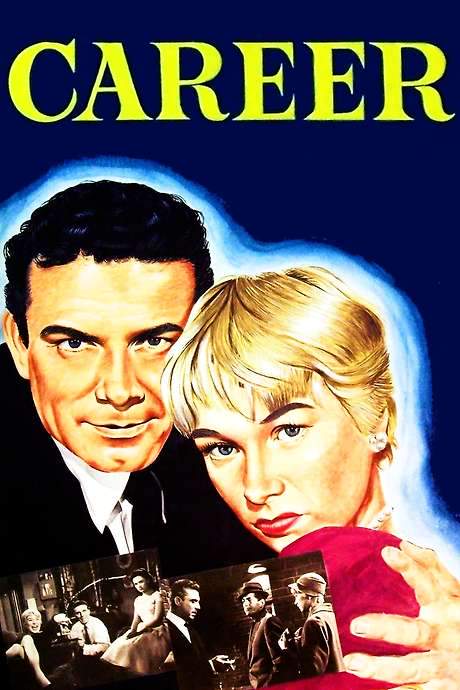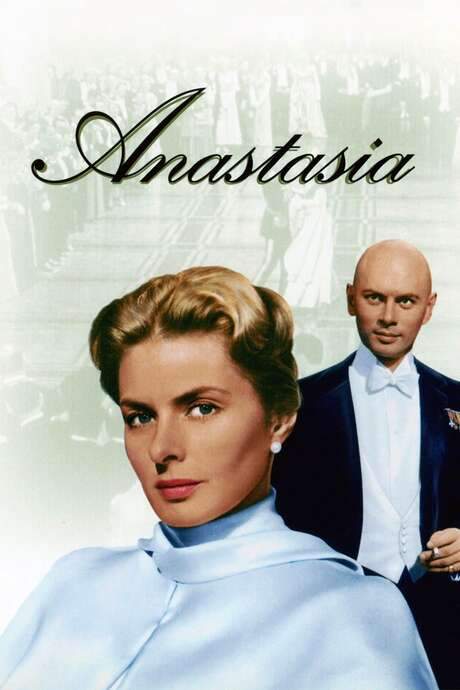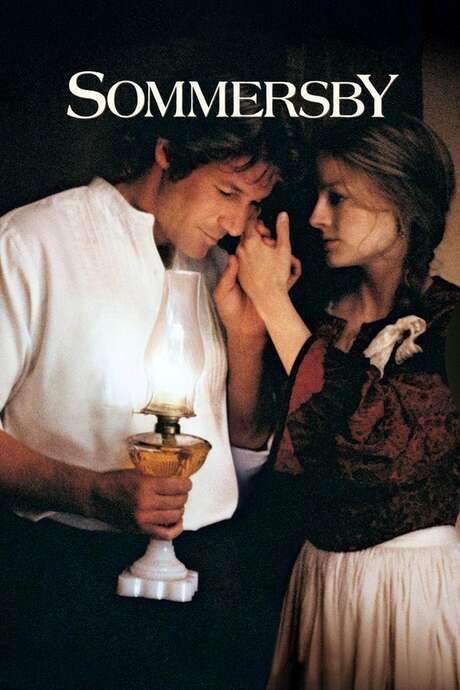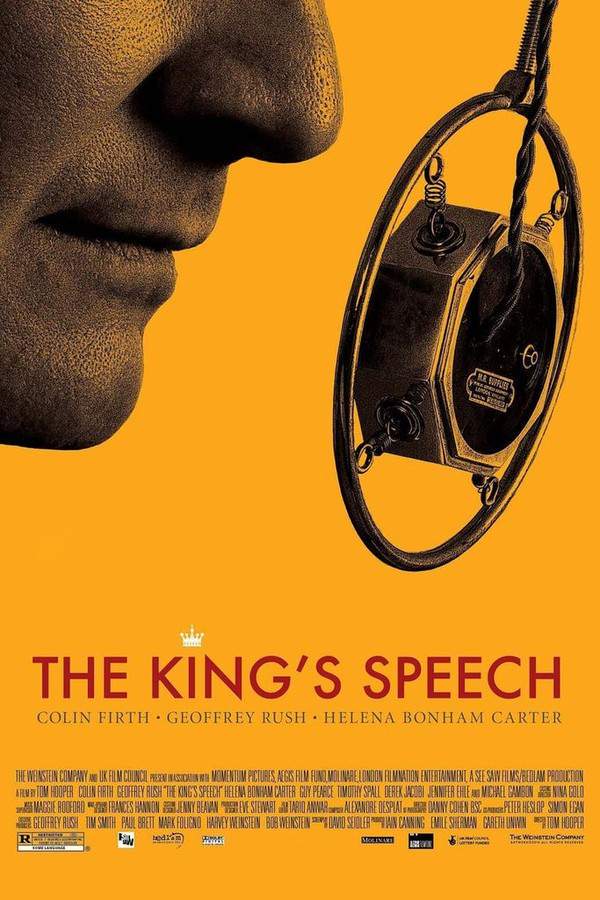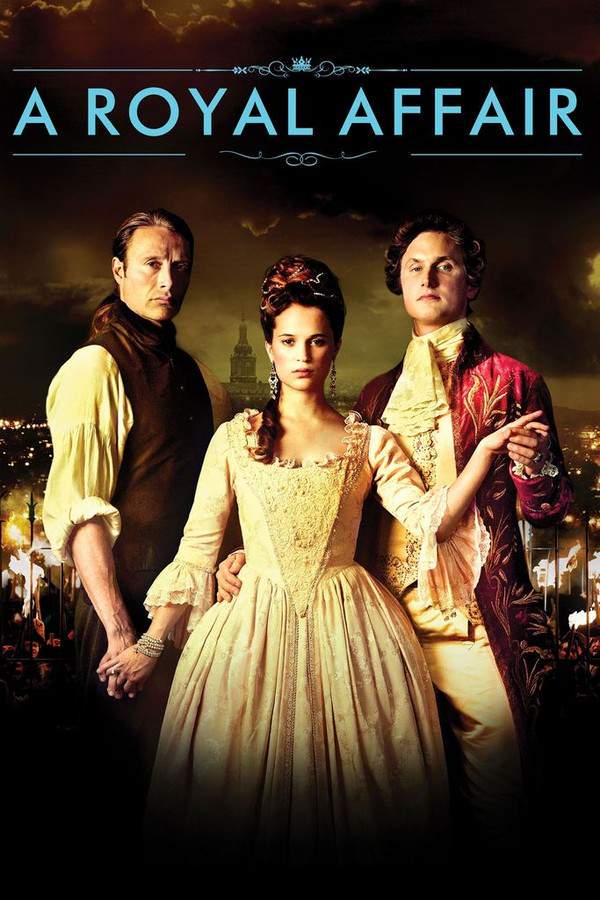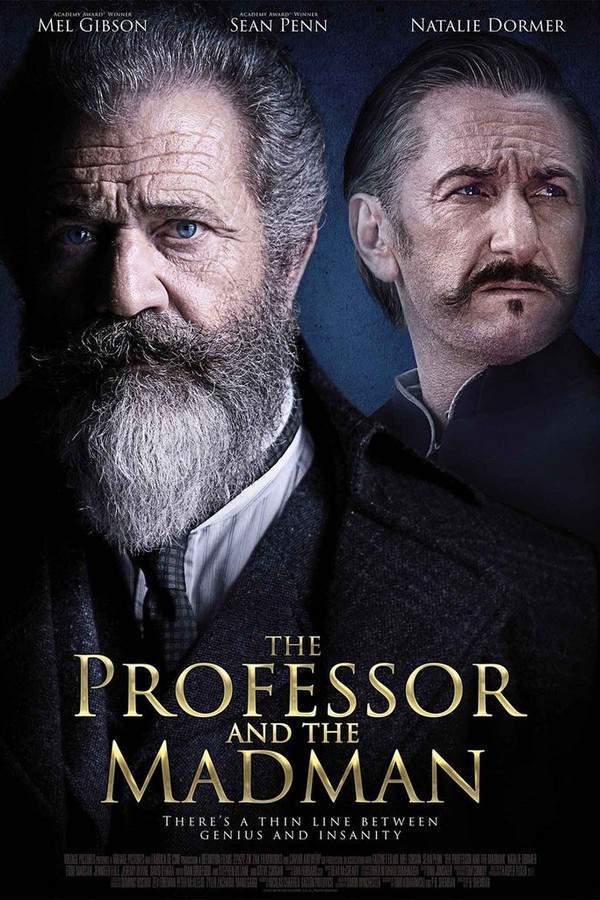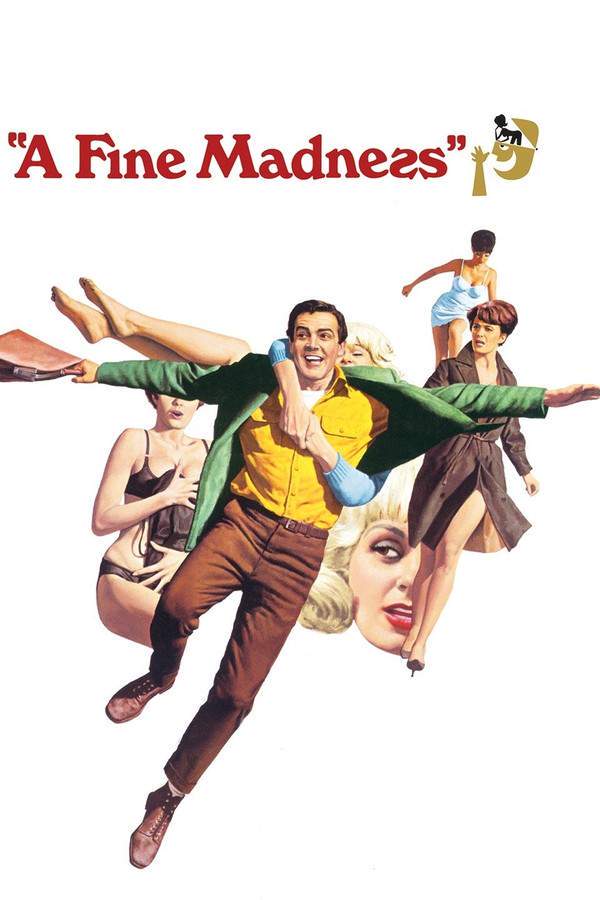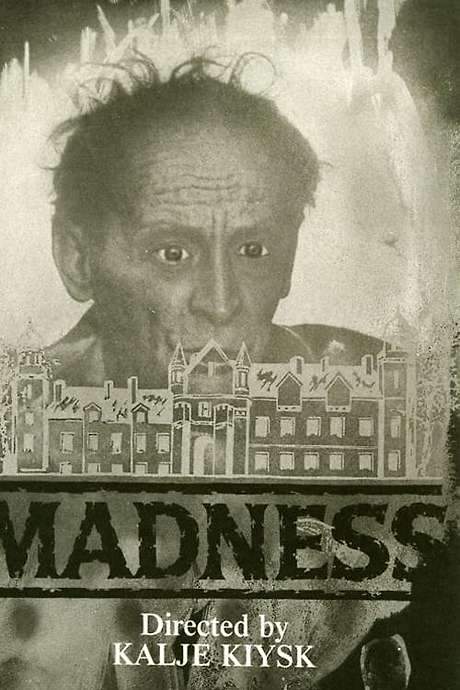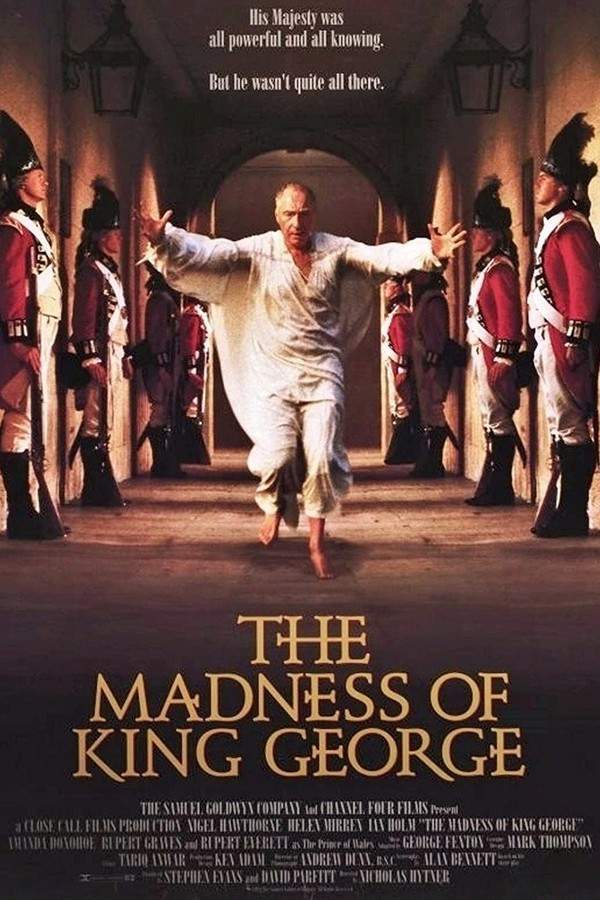
The Madness of King George
Year: 1994
Runtime: 104 min
Language: English
Director: Nicholas Hytner
In 1788, King George III of England suffers a mysterious illness that increasingly impairs his mental state, leading to erratic behavior and bewildering episodes. His doctors struggle to understand the cause of his condition as the king’s episodes become more frequent and severe. Queen Charlotte and Prime Minister William Pitt the Younger must work together to manage the escalating crisis and protect the monarchy from those who seek to exploit the king’s vulnerability and destabilize the nation.
Warning: spoilers below!
Haven’t seen The Madness of King George yet? This summary contains major spoilers. Bookmark the page, watch the movie, and come back for the full breakdown. If you're ready, scroll on and relive the story!
The Madness of King George (1994) – Full Plot Summary & Ending Explained
Read the complete plot breakdown of The Madness of King George (1994), including all key story events, major twists, and the ending explained in detail. Discover what really happened—and what it all means.
King George III’s struggle with madness in 1788 ignites the Regency Crisis, setting off a fierce battle for power within the British Parliament. On one side is Tory Prime Minister William Pitt the Younger, while on the other is the reform-minded Charles James Fox. Initially, the King’s peculiarities seem harmless—his dedication to the welfare of Great Britain is evident, as is his extensive knowledge about even the most obscure royal appointments. His love for his wife, Queen Charlotte, and their 15 children is unwavering. However, as the weight of America’s loss presses down on him, George III begins to exhibit troubling symptoms: forgetfulness, erratic behavior, and a condition that turns his urine blue.
Meanwhile, the ambitious George, Prince of Wales, senses the opportunity to step into greater power if his father becomes incapacitated. Resentful of his father’s continual reproach and eager for autonomy, he secretly marries Mrs. Fitzherbert in 1785, a union that is illegal without royal assent. As he aligns himself with Fox, whose progressive agenda includes the abolition of the slave trade, he seeks to provoke his father by arranging a concert featuring Handel’s music. This move leads to anticipated chaos when the King during the performance begins to act out, engaging in indecent chatter with Lady Pembroke and ultimately attacking his son.
In a poignant private discussion with Charlotte, King George confesses his awareness of his deteriorating state. However, they are soon pulled apart on the advice of his physician. Under the guidance of Dr. Warren, the King undergoes archaic treatments that focus obsessively on his bodily functions, involving painful methods such as cupping and laxatives.
Seeking a more compassionate approach, Lady Pembroke recommends Dr. Francis Willis, known for successfully treating her mother-in-law. Willis employs unconventional therapies at his rural estate in Lincolnshire, which emphasize the patient’s self-perception. As he tells an attendant, “To be curbed, thwarted, stood up to, exercises the character.” When the King lashes out in anger, Willis resorts to physical restraint, indicating that the King will be held fast whenever he engages in inappropriate speech or behavior.
A pivotal moment arrives when the Prince decides to have the King moved to Kew, prompting an emotional scene where Charlotte watches her beloved struggle against his restraints. “Until you can govern yourself, you’re not fit to govern others. And until you do so, I shall govern you,” Willis asserts. Despite initial resistance, the King slowly begins to improve, ultimately managing to feed himself during a moment of accomplishment, though his delusions persist.
As the Whig opposition skillfully challenges Pitt’s increasingly unpopular government, they propose that the Prince be granted regency powers. Baron Thurlow, the Lord Chancellor, attempts to suppress knowledge of the secret marriage, but as Fox succeeds, the Regency Bill emerges. A touching scene unfolds as Thurlow reads from King Lear to the King, prompting George III to reflect, “I have remembered how to seem…”—a phrase he hasn’t used in months, signaling a hopeful return to clarity, as indicated by the restoration of his urine color to yellow.
Arriving at Parliament just in time, the King confronts his son, forcing him to confess his marriage and to set aside Fitzherbert. With the crisis seemingly averted, those who have watched the King’s turmoil are dismissed, as remarked by Fitzroy, “To be kind does not commend you to kings.”
The royal family receives a jubilant welcome at St. Paul’s Cathedral. Although Willis observes their return, the King chooses to expel him from his life. “We must be a model family,” he affirms, expressing a desire for connection with the public: “Smile at the people, wave at them. Let them see that we’re happy. That’s why we’re here.” Amidst the cheering crowd, Willis and Mrs. Fitzherbert exchange bittersweet glances as the King embraces his newfound stability.
Last Updated: November 15, 2024 at 16:25
Explore Movie Threads
Discover curated groups of movies connected by mood, themes, and story style. Browse collections built around emotion, atmosphere, and narrative focus to easily find films that match what you feel like watching right now.
Movies about unraveling historical figures like The Madness of King George
Stories exploring the personal toll of leadership and mental fragility.If you liked The Madness of King George, explore other movies that examine historical leaders facing psychological strain. This collection features similar biographical dramas where the pressure of power and the fragility of the mind create a compelling, often somber, narrative focused on personal crisis within a political context.
Narrative Summary
Narratives in this thread often follow a central figure of authority whose mental or emotional state begins to deteriorate, threatening their grip on power and the stability of the world they command. The plot weaves together personal anguish with high-stakes political or social consequences, creating a tension between private vulnerability and public responsibility.
Why These Movies?
Movies are grouped here for their shared focus on the psychological unraveling of a historical figure, their intimate and often melancholic tone, and the thematic exploration of power's personal cost. They typically feature a steady pacing that allows for deep character study against a backdrop of significant historical events.
Bittersweet period dramas about resilience like The Madness of King George
Journeys of compromised healing within elegant, tense historical settings.Find movies like The Madness of King George that explore themes of resilience and recovery with a bittersweet tone. These similar period dramas often involve a character facing a medical or psychological challenge, leading to a hard-worn stability that comes at a personal cost, blending historical detail with deep emotional weight.
Narrative Summary
The narrative pattern involves a central character undergoing a severe trial that tests their spirit and relationships. The journey toward recovery or stability is the core of the story, but the resolution is complex, acknowledging what was lost or sacrificed in the process. The ending feels earned but is tempered with melancholy, leaving a lasting, reflective impression.
Why These Movies?
These films share a specific emotional mix: a somber, restrained mood, a steady pacing that builds psychological depth, and a conclusively bittersweet feeling. They balance the gravity of a serious theme with the elegance of a period setting, resulting in stories that are intellectually and emotionally engaging without being overwhelmingly bleak.
Unlock the Full Story of The Madness of King George
Don't stop at just watching — explore The Madness of King George in full detail. From the complete plot summary and scene-by-scene timeline to character breakdowns, thematic analysis, and a deep dive into the ending — every page helps you truly understand what The Madness of King George is all about. Plus, discover what's next after the movie.
The Madness of King George Timeline
Track the full timeline of The Madness of King George with every major event arranged chronologically. Perfect for decoding non-linear storytelling, flashbacks, or parallel narratives with a clear scene-by-scene breakdown.

Characters, Settings & Themes in The Madness of King George
Discover the characters, locations, and core themes that shape The Madness of King George. Get insights into symbolic elements, setting significance, and deeper narrative meaning — ideal for thematic analysis and movie breakdowns.

The Madness of King George Spoiler-Free Summary
Get a quick, spoiler-free overview of The Madness of King George that covers the main plot points and key details without revealing any major twists or spoilers. Perfect for those who want to know what to expect before diving in.

More About The Madness of King George
Visit What's After the Movie to explore more about The Madness of King George: box office results, cast and crew info, production details, post-credit scenes, and external links — all in one place for movie fans and researchers.

Similar Movies to The Madness of King George
Discover movies like The Madness of King George that share similar genres, themes, and storytelling elements. Whether you’re drawn to the atmosphere, character arcs, or plot structure, these curated recommendations will help you explore more films you’ll love.
Explore More About Movie The Madness of King George
The Madness of King George (1994) Scene-by-Scene Movie Timeline
The Madness of King George (1994) Movie Characters, Themes & Settings
The Madness of King George (1994) Spoiler-Free Summary & Key Flow
Movies Like The Madness of King George – Similar Titles You’ll Enjoy
The King's Speech (2010) Complete Plot Breakdown
The Queen (2006) Story Summary & Characters
A Royal Affair (2012) Plot Summary & Ending Explained
The Professor and the Madman (2019) Full Movie Breakdown
A Fine Madness (1966) Movie Recap & Themes
Bertie and Elizabeth (2002) Film Overview & Timeline
King Charles III (2017) Plot Summary & Ending Explained
National Theatre Live: The Madness of George III (2018) Full Movie Breakdown
A State of Madness (2020) Ending Explained & Film Insights
George Washington II: The Forging of a Nation (1000) Ending Explained & Film Insights
George Washington II: The Forging of a Nation (1000) Complete Plot Breakdown
The Private Life of Henry VIII (1933) Complete Plot Breakdown
Madness (1969) Full Movie Breakdown
A Royal Scandal (1997) Full Movie Breakdown
The Madness and Misadventures of Munchausen (2008) Ending Explained & Film Insights

